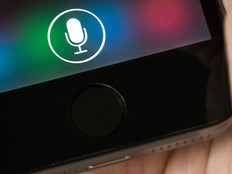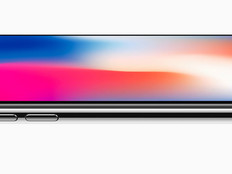Mobile Apps Are the New Billionaire’s Club
How big is the mobile-app business? Try $27 billion strong. A new report by ABI Research projects the value of the global mobile app market will hit that figure in 2013. The study includes revenues generated by in-app advertising, in-app purchases, subscriptions and downloads.
As with mobile-device shipments, iOS and Android dominate earnings from mobile applications. Interestingly, iOS accounts for the vast majority of mobile-app revenue, even though Android phone shipments greatly outpace the iPhone.
Smartphones generate more revenue from mobile apps than tablets do, but tablets are quickly catching up and should overtake smartphones by 2017, according to the ABI report. Driving the uptick for tablets is the predisposition of tablet owners to pay more for apps because of the tablets’ larger screen sizes and engaging user experiences.
Analysts expect that Apple’s iOS will account for $18 billion, or two-thirds, of total mobile-app revenue this year. Apple’s mobile platform will maintain a commanding revenue lead for at least another 18 months because, as ABI Research senior analyst Josh Flood notes, “iOS users continue to prove they’re more willing to depart with their cash.”
Meanwhile, comeback kid BlackBerry and upstart Windows Phone are gradually expanding their respective app stores as they compete for third place.
Building the Road to App-thens
While the wealth and breadth of the iOS App Store today is a glorious shrine to Apple’s brilliant mobility strategy, the company didn’t achieve mobile deification overnight.
“The first iPhone generation wasn’t on an open platform and had no SDKs for app developers,” Flood says.
That’s because Steve Jobs envisioned the iPhone as a mobile platform where users could only run web apps. This went on for the first year or so of the iPhone’s existence, but market pressures eventually drove Apple to roll out the phenomenally successful App Store to allow developers to create and sell mobile apps.
The iOS App Store now offers over 900,000 apps, of which 375,000 are just for the iPad. In the five years since the App Store’s launch, users have downloaded more than 50 billion apps. According to Apple CEO Tim Cook, speaking at the company’s World Wide Developer conference a few weeks ago, Apple paid third-party iOS developers $10 billion, three times more than all other mobile platforms combined.
Putting those figures into context, maybe Facebook’s acquisition of photo-sharing mobile app Instagram for $1 billion doesn’t seem so crazy after all.








